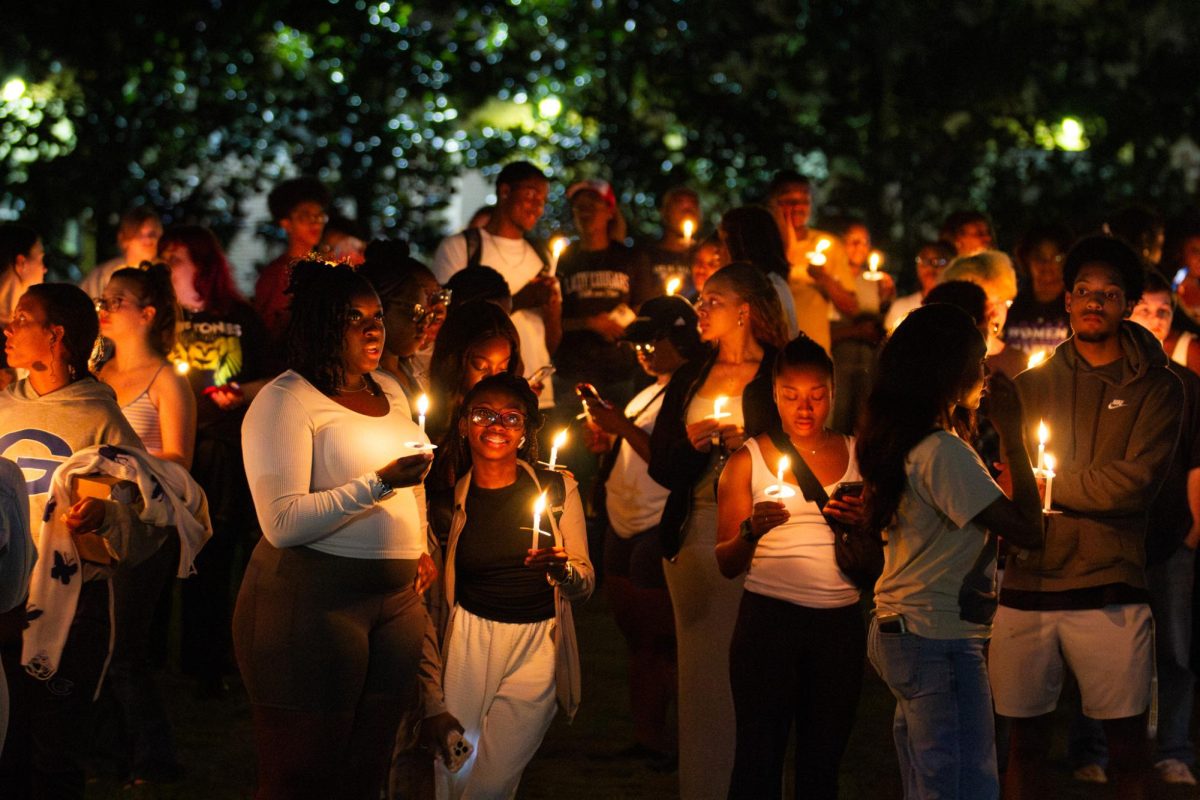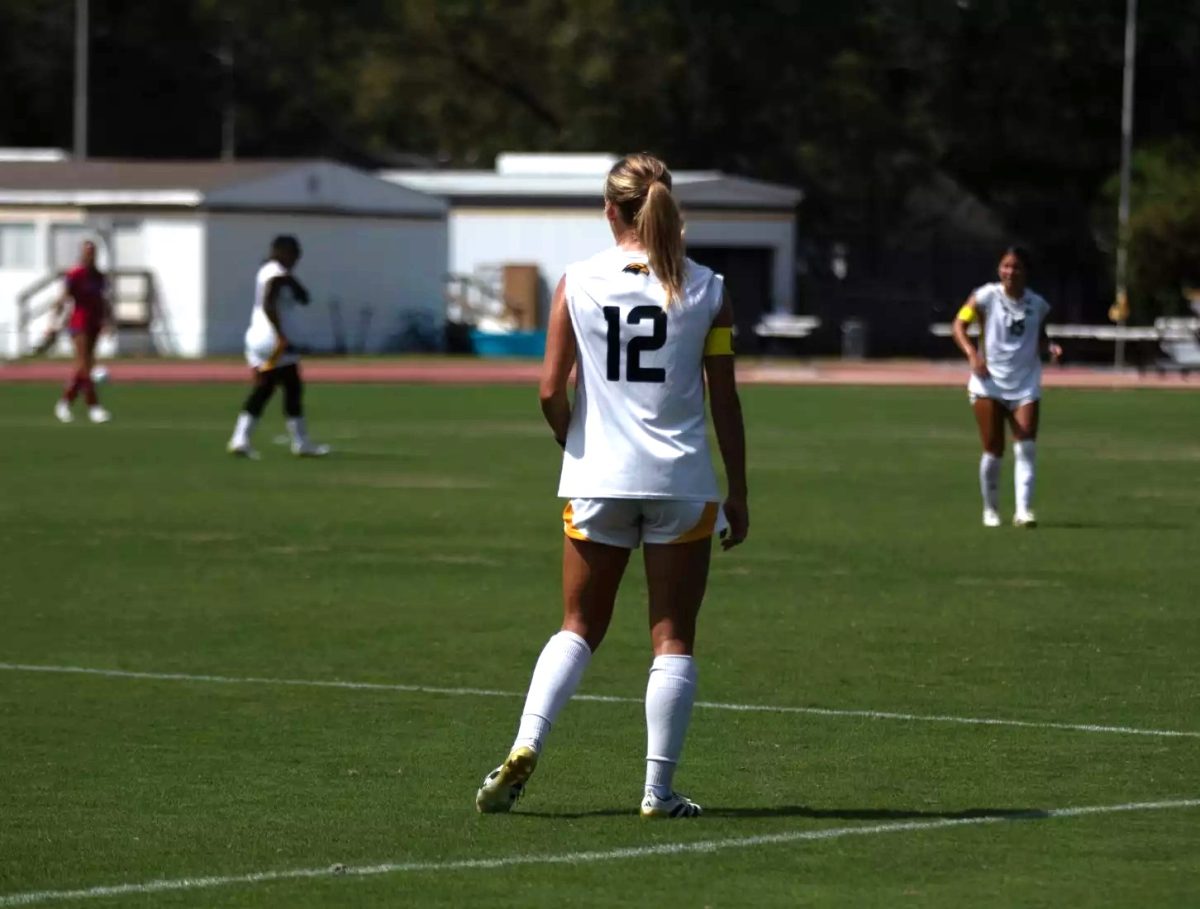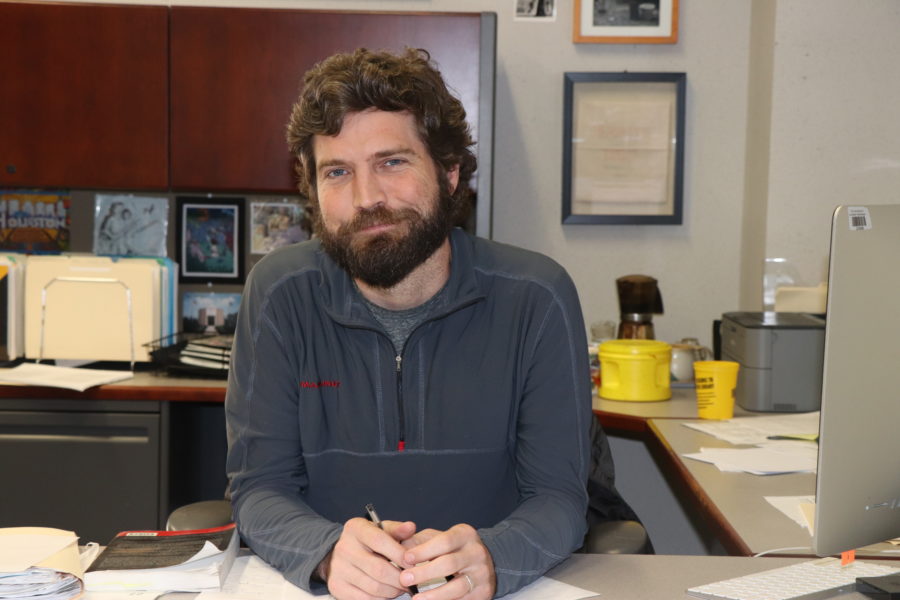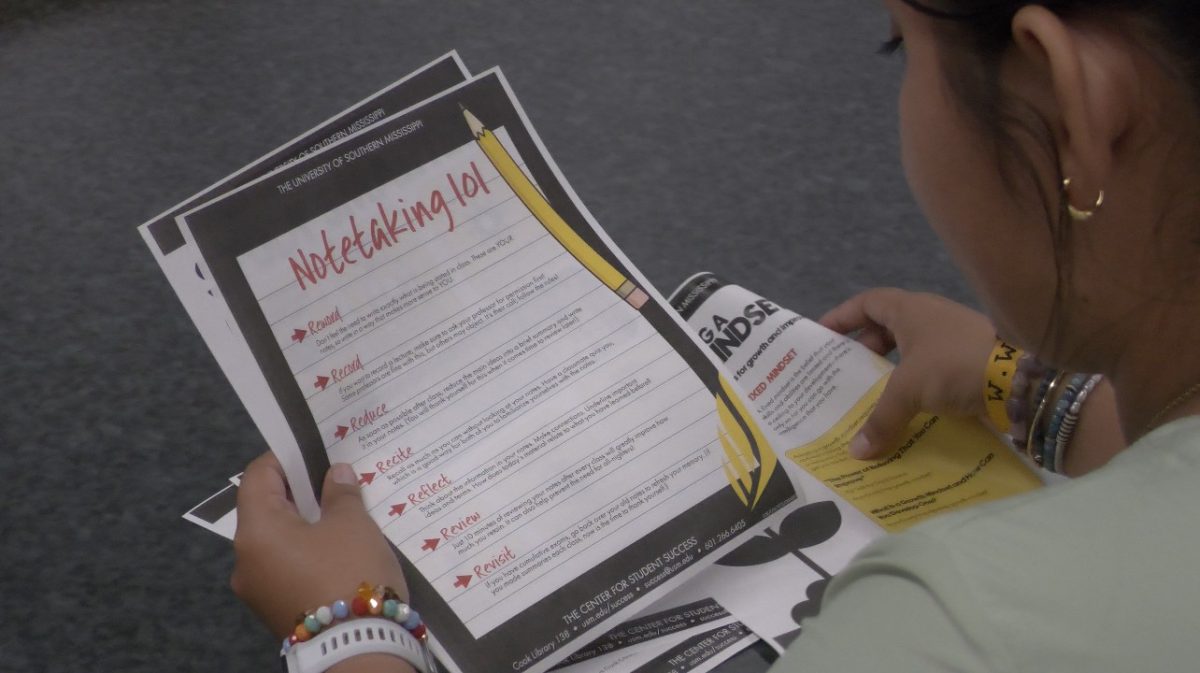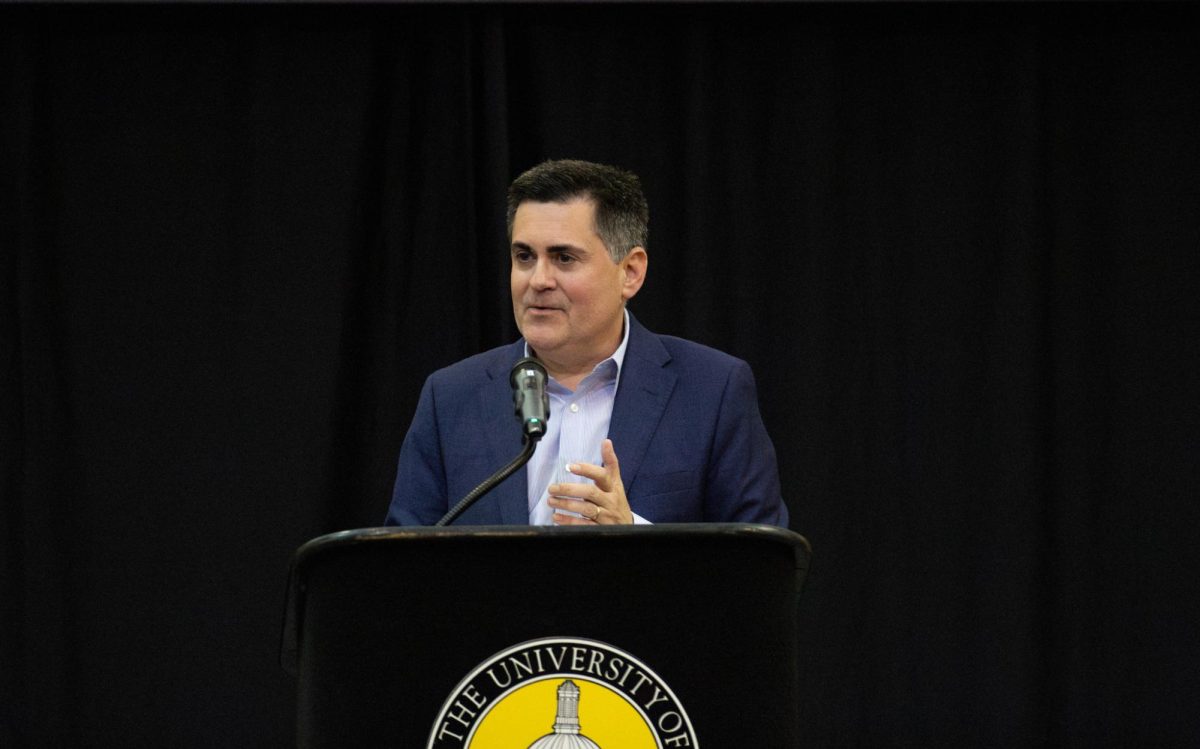Every semester, students at Southern Miss sign up for the next semesters’ classes. What they often fail to realize, however, is how much work faculty and staff put into the creation of the class schedules.
“It’s collaborative, and it’s also complicated because rarely can you move one thing without having to make other adjustments,” The interim director of the School of Humanities Matthew Casey, Ph.D said.
The executive vice provost for academic affairs, Amy Chasteen Miller, Ph.D., has been working in the provost’s office for the past four of her 22 years at Southern Miss. Miller said her role in scheduling is to support the people who create the schedules. She also works with a scheduling task force, which creates strategies for scheduling that maximize students’ access to general education courses.
Miller said the process begins when the office of the provost gives guidelines to academic programs and schools. Then, the schools submit schedules to their respective deans. In each college, the deans then review schedules to minimize conflicts.
Casey said scheduling is like writing a long and important college paper, and he said it is always in the back of the schedulers’ minds, but they tackle it piece by piece.
English, history, philosophy and religion all fall under the School of Humanities, so Casey said he meets with faculty and staff from these departments to begin drafting a schedule. He said they get a sense of faculty preferences and then continue to adjust until they have the best possible outcome that also follows the provost’s guidelines.
The interim director of the School of Communications John Meyer, Ph.D., compared schedule making to building a house of cards.
“You always have things like a faculty member gets sick or goes on sabbatical. Now that course they were going to teach won’t be offered. What are we going to do? So then other faculty might have to adjust, and—oh no—your house of cards is falling apart,” Meyer said.
Meyer said classes also differ every semester so that teachers have the opportunity to teach a favorite class, and so that students can have the opportunity to take different electives.
Meyer said building a schedule that creates the least amount of problems for the least amount of people is one of the hardest things faculty and staff have to deal with each semester.
Miller said the schedule is also created with previous feedback in mind.
“Because of our efforts to understand different perspectives on last year’s calendar, we were able to adjust for the upcoming year in ways we believe will be of benefit to everyone,” Miller said.
Schedules are made many months in advance. Miller said the creation of the summer and fall 2020 schedules will begin soon, so that students can register for classes come March advisement.




